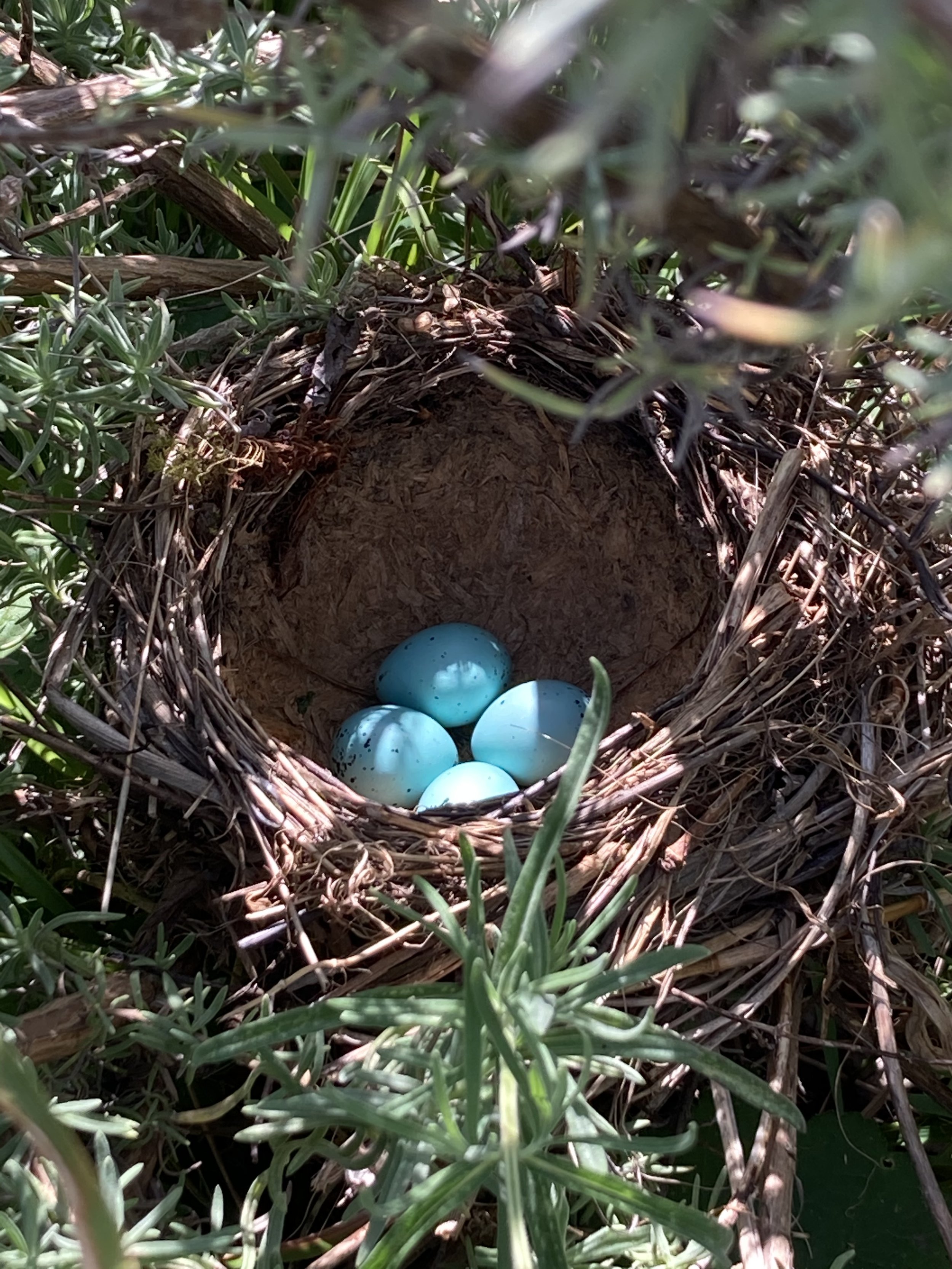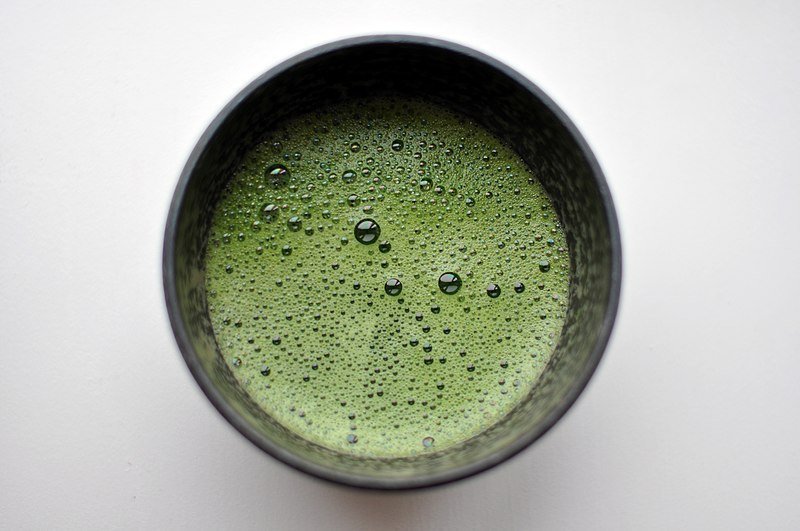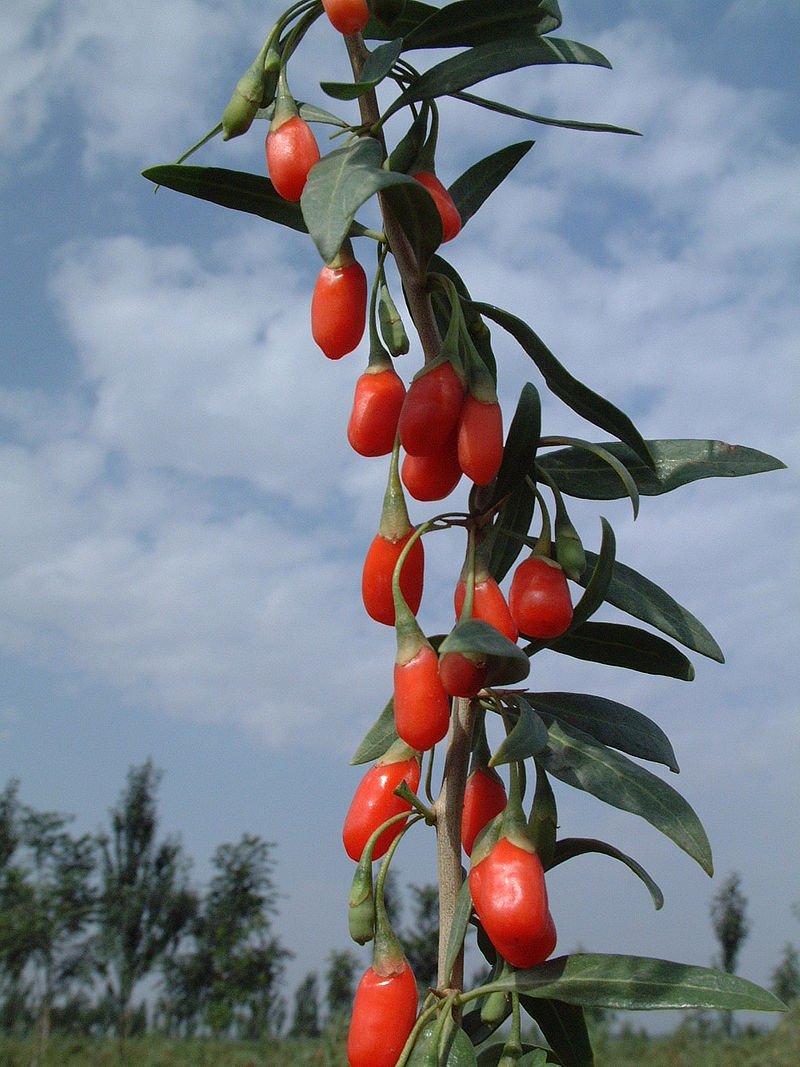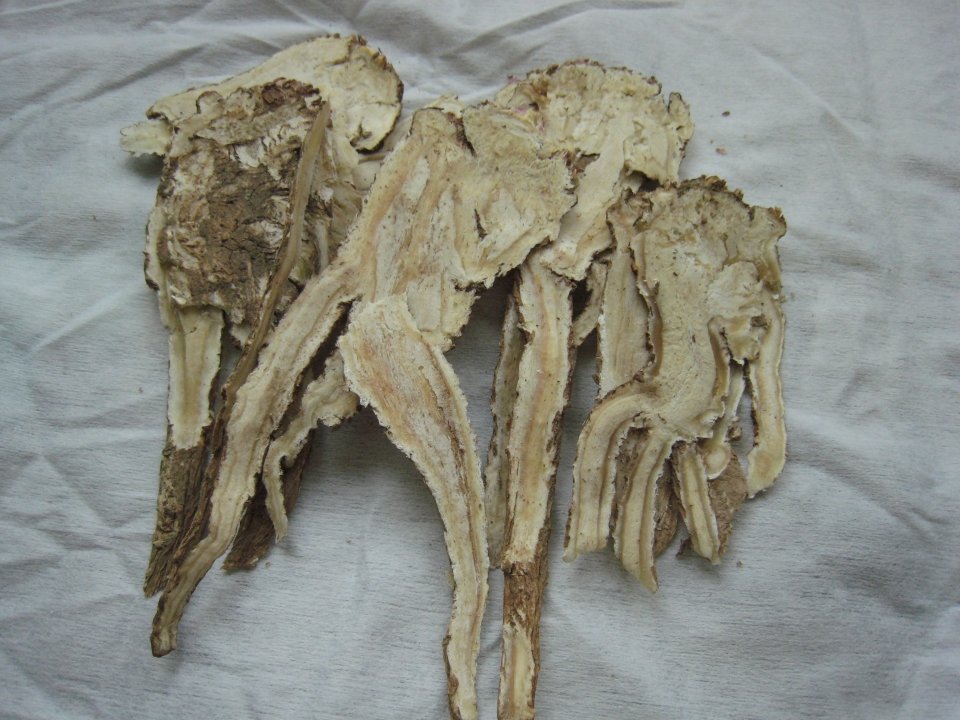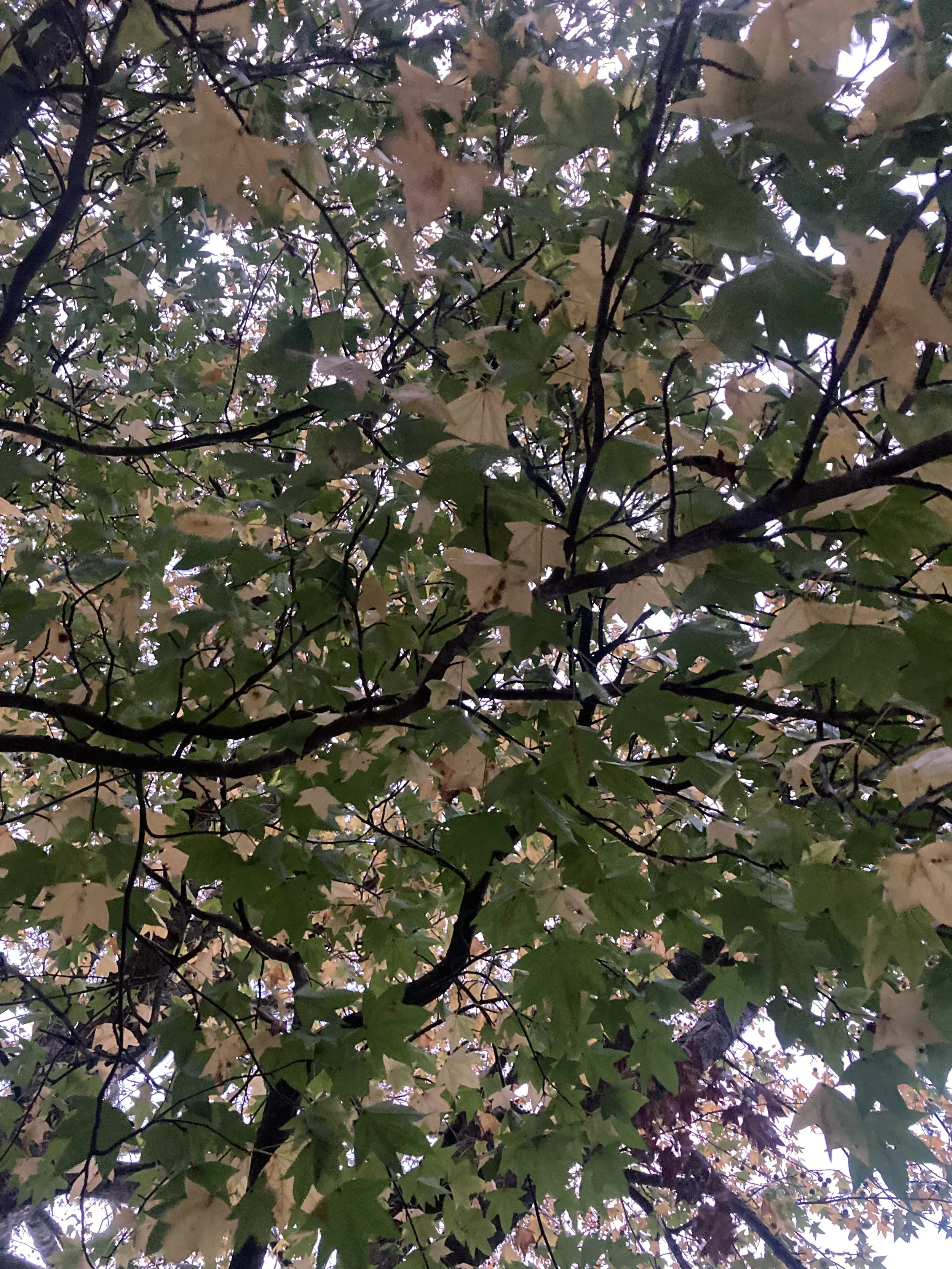The liver in Chinese medicine relates to the season of spring, to new beginnings and the dynamic movement of wind and growth seen in the environment. Within the Chinese system of Five Elements, also called Dynamic Agents (Water, Wood, Fire, Earth and Metal), the liver corresponds to the wood element. The liver therefore has a natural affinity to the inherent qualities of the plant kingdom. Bamboo is a revered indigenous plant in China and many other eastern parts of the world where it has many uses and is rich in symbolic and spiritual meaning. Bamboo is symbolic of the dynamic nature and flexibility of wood. To be flexible, able to move with the wind, sensing the ecosystem of the forest or garden, and yet rooted in the ground, this is the ideal nature for a plant in the environment. It is also the ideal nature of the liver when it is functioning well in our own body. In this article I will discuss in more detail the functions of the liver in the body and how the liver relates to the rhythms and changes in the environment, to our emotions, our dreaming, and our soul or spiritual life.
New Beginnings, New Life
Spring is the season in which we see new life emerge after winter. The blossoms are flowering, new green shoots are forming, and the plant kingdom begins a phase of natural upsurge from the earth after a period of hibernation in winter. The liver is naturally very active during spring. The liver is also very active during the first month of pregnancy, when there is a meeting of the egg and sperm and a process of differentiation and embedding into the womb takes shape. This meeting of egg (yīn) and sperm (yáng) is the creation of something entirely new. New life always looks different to the fully grown version, this is a characteristic of the dynamic and mutable nature of the liver, able to change into new forms. The dynamic nature of the liver also relates to wind in the environment. It was observed in Chinese culture that wind was more commonly seen during the spring, and was thus related to the liver and plant life. Wind in the environment helps plants to grow, to adapt, or to die. It blows the cobwebs away in our homes in spring, and in our bodies and psyches where stagnant emotions or thoughts, or decaying creations we have held onto, are being asked to be blown away and transmuted by the wind. Around the time of the spring equinox there is greater momentum to change and to clear out what we no longer want to take with us into the summer time and the year ahead, whether that is physical or metaphoric. This is why it is common to do a spring clean, or a ‘detox’ in the spring to cleanse and refresh the liver for new life.
Functions of the Liver
The liver has a functional role in dynamic growth in the body, and metabolising the form of things. We know from a biomedical perspective that the liver plays a big role in metabolic process in the body, and converting food and medicines into other forms the body can use or must excrete due to overload and toxicity. In Chinese medicine the liver is known to be a vessel which stores blood, and has a role in sending the blood in a smooth even flow to other areas of the body and muscles. From a Chinese medicine perspective the liver’s function includes more than the known physical nature of metabolising molecules, and storing and distributing blood. It has a highly important role in our mental, emotional and creative life. Just like the plant kingdom is highly sensitive to the environment, the liver responds to our emotions which are woven into the physical aspect of the functioning of the liver. We now know from current research on the Polyvagal Theory that there are nerves in our body which are responsive to our emotional states and are interconnected with the organs in our body. Chinese medicine has known for a very long-time this understanding of an interconnected system. Our bodies are interconnected with the environment we live in, our social environment, and our emotions and mind-spirit can influence our body in both a subtle and deep interconnected physical way.
The liver in Chinese medicine has a primary role in processing emotional states and regulating our response to stress. The liver helps us to experience an emotional state, for example to feel sad or frustrated and then to allow the mood in our body to shift to any other emotional state which may be present such as joy, peace, pleasure, deep grief, anguish, fear, rage. Babies and young children very evidently show us this flux in emotional state, and the potentially for fluidity of the liver energy. In our modern day, where there is a dominance of the rational mind and a distancing from the emotional body we have often developed ways to keep ourselves from feeling our emotions in our body. Often these ways of staying disconnected from our body occur outside of our conscious awareness. We have come to learn these deep patterns from our ancestors, the traumas our ancestors experienced, from the early formative life experiences we have in the womb and as babies, and from traumatic experiences we may personally encounter in our life. There is a high cost to our mental and physical health from not feeling the full-range of our emotions and being present in our bodies.
The liver has a close relationship with the gall bladder, such that they both require each other in order to function well in life. In our mental life it is the liver which makes plans, analyses and assesses circumstances, whilst the gall bladder is the organ which has clarity to make a clear decision and to follow through with a decision in a satisfying way. Sometimes we may not have thought through a decision, and despite the gall bladders clarity to make a decision the outcome may turn out not in our best interests because we lacked the livers capacity to assess and plan. Or we may be so good at strategy and planning, but lack clarity or feel impotent to make a decision. So both the liver and gallbladder require each other to effectively feel empowered and grounded to move through our life circumstances we encounter. It is always a continuous balance between the two, but sometimes it is helpful to notice if there may be a pattern in our life where we have little ability to plan, or feel overwhelmed by decision making.
The liver also has a role in reproductive health and sexual desire, alongside the heart and kidney. The liver is the organ that could be said to most strongly say yes to life, to eros in the body. In this way, it is supported by the kidney which provides the foundational will power, and the heart which opens to love. Thus the liver function is intricately woven into the primal experience of sex and reproduction.
Emotion of Anger and the Expression of Benevolence
As well as having a role in allowing all emotions to be felt and expressed. When we feel violated, disempowered, or hurt the liver has a natural expression of feeling angry, frustrated, irritable, agitated, grumpy, resentful, furious, enraged e.t.c. We can release this anger in an aggressive or mobilised way through physical force, the tone of our voice and our speech (i.e. shouting or a ‘fiery tongue’), or we may internalize the anger and experience the energy in a more passive or covert way.
“Anger (怒) is fundamentally an impetuous thrust that pushes life upwards. In fact the Chinese character is not always translated as anger, it can just be the effort to make things rise”.
The Secret Treatise of the Spiritual Orchard: A translation of Neijing Suwen - Chapter 8, by Claude Larre and Elizabeth Rochat de la Vallée
Anger which is unable to be expressed outwardly may also show up as feeling depressed or feeling inertia in the body. Sometimes anger may just manifest as a feeling of fire or heat in the body, or as conditions in the body that express with redness and heat internally or on the skin surface. When the liver is able to feel and express anger in a safe way, it allows the possibility for other emotions to be felt such as joy or sadness and eventually a state of expressing kindness or benevolence.
Conditions related to the Liver
As well as conditions in which there may be excess heat in the body due anger in the liver, there are many liver disharmony conditions which are known to be due to excess internal wind in the body. A very simple example of this is excess gas in the body with burping or farting. This kind of manifestation of wind in the body may be fairly short-lived due to something we have eaten or the way we eat, or it may be a chronic pattern of disharmony due to liver internal wind. Other examples of conditions in which the liver expresses to much internal wind can include: high blood pressure, tremors, seizures, stroke, Bells Palsy, Parkinson’s, chronic muscular spasms, migraines and some headaches can also be due to internal wind rising to the head. The wind may make us irritable if our liver is unable to move through our emotions smoothly and feels stuck. The liver is also deeply connected to the eyes with many conditions affecting the eyes, such as: eye infections, blurred vision, dry eyes, glaucoma, and visual disturbances or hallucinations, also reflect the health of the liver.
Food and Medicinals
The colour which resonates with the liver is green. Green is typically associated with spring, when green leaves begin to grow and flourish. Foods which are green in colour resonate with the liver, for example all green leafy plants, green tea, barley grass, algae, and cruciferous vegetables are great for the liver. As well as foods which symbolically look like the liver, or foods which are said to nourish the blood. An example of this are Go ji berries. Whole foods which are rich in anti-oxidants, i.e. many fruits and vegetables, are often associated with having a nourishing effect on the blood and particularly influence the Spleen and the liver. The flavour which pertains to the Liver is sour, so all foods which are sour flavoured directly influence the Liver evergy. We can crave to much sour flavoured food, which is a sign our liver may be not in balance with the other organs in our body, or we may have an aversion to the sour flavour which is also a sign the liver is not in harmony in the body. The liver may also crave fried or fatty foods when it is out of balance. In Chinese medicine, a moderate balance of flavour and colour in the foods we eat, is what helps to support all of the organs working together in harmony. Provided the soil is healthy, food and herbal medicine are the best ways to augment the body of nutrients. Eating slowly with a connection to the body and minimising stress whilst eating helps the process of digestion allowing the liver energy to move more freely and perform its natural function.
Angelica sinensis or Dang gui as it is named in Chinese is a revered plant known as Female Ginseng. The root of Angelica sinensis is classified as tonic herb which helps to support the blood in the body, has a nourishing effect on the uterus, supporting a healthy menstrual cycle and fertility. It is a herb which is used to tonify the body when it is weak or when there is insufficient blood, especially for the menstrual cycle, as well as during pregnancy and in post-partum recovery.
The hún - Ethereal Soul
The hún in Chinese is translated as the ethereal soul. It is the soul or spirit aspect which is connected to the part of our consciousness that dreams at night and that wanders to other lands, other places within our psyches and spiritual dimension of our being. The hún (ethereal soul) is paired to the aspect of our soul which is connected to the body, known as the po, or corporeal soul related to the lung (see article: The Lung in Chinese Medicine). The hún is called ethereal or non-corporal because it has the ability to move beyond an attachment to the body, where as the po are attached to the body form. When there is disturbances in restful sleep with excessive dreaming, strange bizarre dreaming, nightmares and night terrors, sleep walking, sleep paralysis, or waking with restlessness or distress during the hours when the liver is most active (3 – 5 am), this typically indicates the liver is in some kind of pattern of disharmony, with possible over-activity and processing what is difficult to be assimilated during the waking consciousness of the day-time.
“ The dwelling place of the hún is the blood... When the liver is full of good quality blood, its physiological activity is balanced by the yīn quality of the blood and its mental activity is inspired by the spiritual awareness pervading the blood. Sound projects, reasonable plans, firm decisions, and no emotional blockage are the result.... Then the hún are empowered”
Aspects of Spirit – Elizabeth Rochat de la Vallée
Typically it is deficient liver blood and the subconscious emotional life that results in the hún that wanders and is unable to sleep with peace. Sometimes the hún wanders into past lives, or future lives for the soul to make meaning of passages in this life. Sometimes the hún wanders consciously and sometimes unconsciously, often it is a mixture of both as a creative expression of the souls life.
NURTURING THE LIVER
We can nurture our liver by finding ways to express our emotions, our creativity and courage. Connecting to the vitality and vigour of the living world can help to revitalise our Liver. Immersing our senses and body in the forest, garden or anywhere there is green life and chlorophyll helps the liver feel at home. The animal associated with the liver in Chinese is the tiger, so feeling into the innate qualities of the tiger also help the liver if it feels stuck or disempowered. Physical movement helps the liver when it feels stuck. Observing our dream-life and consciously reflecting on it is also a great way to help the liver unfurl and move through challenging emotions or life experiences.
Acupuncture treatment supports whole body relaxation, helping to promote healthy movement of the liver energy in the body. Spring is a time of year when the liver can be more prone to feeling stuck. An acupuncture treatment in our Tauranga Acupuncture clinic is particularly useful during spring to help with healthy liver functioning.
NOTES
Yáng qì is the dynamic energy which corresponds to active processes in the environment and the body which relate to qualities of warmth, movement, expansion: e.g. heat, fire, wind, growth, volcanic and tectonic energy, the sun, the daytime, loud noises, expressive emotions, the fight or flight response in the nervous system.
Yīn qì is the energy which is always in relationship with Yáng qì. It corresponds to processes in the environment and body related to qualities such as slowness, cold, stillness, contraction and consolidation, darkness: e.g. underground, the night-time, the moon, rest, quiet, seeds and eggs which are a consolidation of energy requiring activation of yáng qì to grow, rest and digest states in the nervous system, peaceful and tranquil environments or states in the body, when the body is in a surrendered state and preparing to sleep or die.



